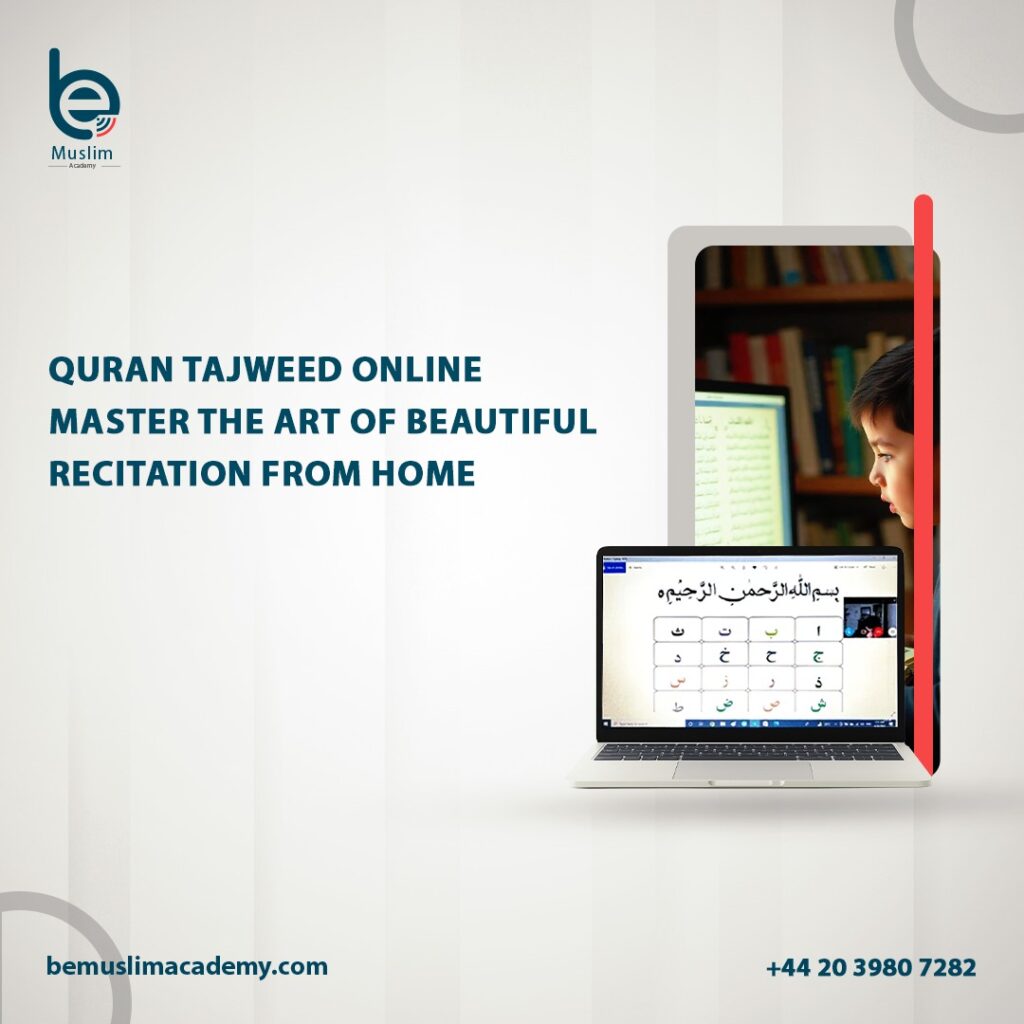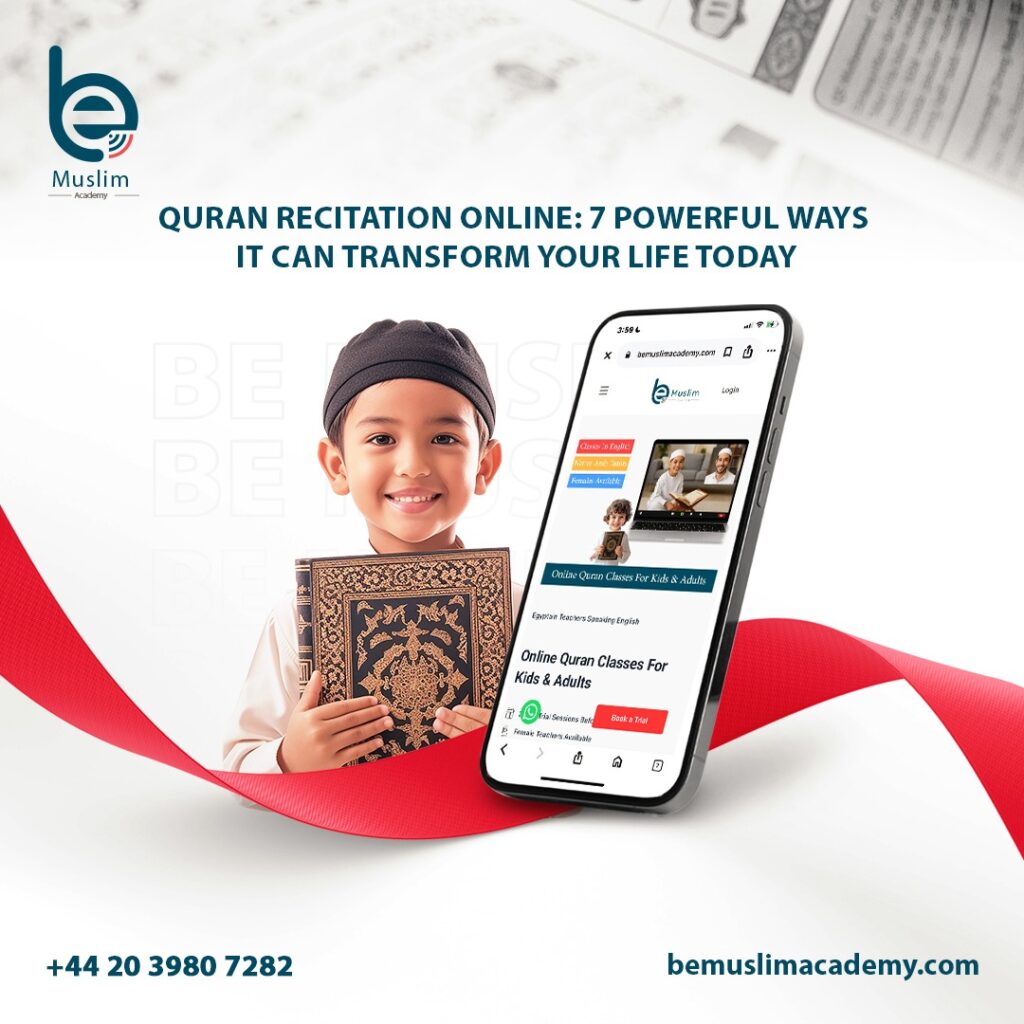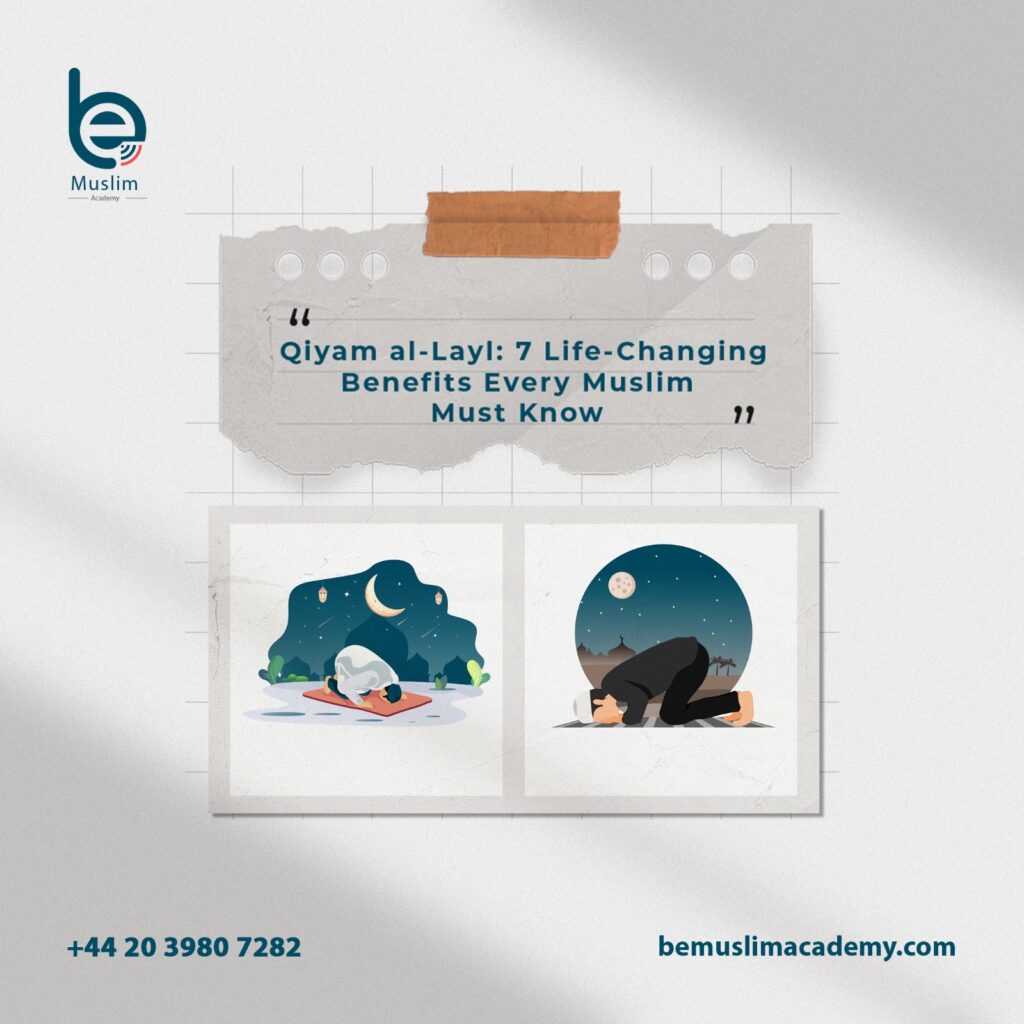
Table of Contents
- Why Learning to Read the Quran is Important
- Step 1: Master the Arabic Alphabet
- Step 2: Learn the Basics of Tajweed
- Step 3: Study with a Qualified Quran Teacher
- Step 4: Practice Regularly and Consistently
- Step 5: Use Trusted Resources and Tools
- How Long Does It Take to Learn to Read Quran?
- Final Thoughts
- Useful Resources
- Frequently Asked Questions (FAQs)
- Bonus Tips for Success
- Staying Connected with the Quran

Why Learning to Read the Quran is Important
Learn to Read Quran: Learning to read the Quran connects you directly to the words of Allah (SWT). It’s not just about reading a book — it’s about engaging with divine revelation. Whether you’re a new Muslim, a parent seeking guidance for your child, or someone reconnecting with your faith, the ability to read the Quran in Arabic deepens your spiritual journey.
Learn to Read Quran: The Quran shapes character, promotes reflection, and encourages a life of discipline and purpose. Reciting it correctly with tajweed adds beauty and meaning to your prayers and personal worship.
Step 1: Master the Arabic Alphabet
The first and most crucial step to Learn to Read Quran is to understand the Arabic alphabet. Each letter has a unique shape and sound, and many change depending on their position in a word.
Focus on:
- Recognizing all 28 Arabic letters
- Learning their sounds (Makharij)
- Practicing their isolated and connected forms
A great way to start is by using a Noorani Qaida book or app. This foundational guide introduces letters, vowels, and simple words gradually.
Tip: Spend time each day repeating the sounds aloud. Repetition builds familiarity.
Step 2: Learn the Basics of Tajweed
Tajweed means “to beautify” — it is the set of rules that guide proper Quran pronunciation. Learning tajweed ensures you recite with clarity and avoid mispronunciations that can alter meaning.
Important tajweed topics for beginners:
- Noon Saakin and Tanween
- Meem Saakin
- Rules of Madd (elongation)
- Qalqalah (echoing sounds)
- Ghunnah (nasal sounds)
Why it matters: Even slight mispronunciations can change the meaning of verses. Tajweed preserves the message as it was revealed.
Step 3: Study with a Qualified Quran Teacher
Learning with a certified teacher accelerates your progress. A teacher corrects your mistakes, helps you understand tajweed practically, and provides structured lessons.
Look for teachers who:
- Have ijazah (certification in Quran recitation)
- Can teach children or adults in English if needed
- Are patient, friendly, and experienced
Online academies like Be Muslim Academy or local masjids offer one-on-one or group classes. Choose a setting that fits your schedule.
Bonus: Learning with others builds motivation and accountability.
Step 4: Practice Regularly and Consistently
To Learn to Read Quran effectively, consistency is key. Reading once a week is not enough to retain progress — aim for short daily sessions.
Suggested routine:
- 15–30 minutes of reading each day
- Review past lessons before moving on
- Record yourself and listen to your recitation
Use audio recitations by renowned Qaris like Mishary Rashid Alafasy to mimic tone and pronunciation.
Tip: Set specific goals. For example, “I will master Surah Al-Fatiha with tajweed this week.”
Step 5: Use Trusted Resources and Tools
Today, there are countless digital tools to support Quran reading. Choose trusted, high-quality resources that match your level.
Recommended tools:
- Quran.com: Learn to Read Quran any verse with translation
- Tajweed Made Easy: Simple tajweed rules for beginners
- YouTube channels: Search for Learn to Read Quran
- Printed books: Noorani Qaida, Qaida Al-Baghdadi, etc.
Also, keep a physical mushaf (Quran copy) for offline reading. Highlight letters or rules as you learn.
How Long Does It Take to Learn to Read Quran?
Learn to Read Quran: For most beginners, it takes 2–6 months to read simple verses fluently with basic tajweed — depending on age, language background, and effort.
For children, it might take a bit longer due to the need for repetition. Adults may learn faster if they practice consistently and already know the Arabic script.
The important part: Don’t rush. Quality is better than speed. Build a strong foundation and your confidence will grow naturally.
Final Thoughts
Learn to Read Quran: Learning to read the Quran is a beautiful and rewarding journey. It takes time, dedication, and sincerity — but the rewards are immense both in this life and the next.
Whether you’re starting at age 5 or 50, remember: It’s never too late. With the right guidance, daily effort, and trust in Allah (SWT), you can succeed, in shaa Allah.
Start today with a simple intention and take the first step — your future self will thank you.
Useful Resources
Frequently Asked Questions (FAQs)
1. Can adults learn to read the Quran from scratch?
Absolutely. Many adults begin their Quranic journey later in life. With dedication, patience, and proper support, you can achieve fluency.
2. Is it necessary to learn Tajweed from the beginning?
Yes, even a basic understanding of tajweed helps prevent mistakes and builds good habits from the start.
3. How do I stay motivated during the learning process?
Set realistic goals, track your progress, and surround yourself with a supportive learning community. Remember the spiritual reward behind every effort.
4. Should I learn to read the Quran before trying to memorize?
Yes. It’s important to read with accuracy before committing verses to memory. Proper reading ensures proper understanding and recitation.
5. What’s the best age to start learning?
Children as young as 4–5 years old can start with the alphabet and Qaida. However, there’s no age limit — every moment spent learning the Quran is valuable.
Bonus Tips for Success
1. Make Du’a (Supplication)
Always begin your sessions by asking Allah (SWT) for ease, understanding, and sincerity. Du’a strengthens your intention and keeps your heart focused.
2. Create a Learning Schedule
Learn to Read Quran: Consistency is more effective than intensity. A short daily session is better than an hour once a week. Design a schedule that fits your life, and stick to it.
3. Learn with a Buddy
Having someone on the same journey can boost motivation. Whether it’s a friend, family member, or classmate — learning together makes the experience more enjoyable.
4. Track Your Progress
Learn to Read Quran: Use a journal or app to monitor what you’ve learned. Reflecting on your growth builds confidence and reminds you of how far you’ve come.
5. Celebrate Milestones
Finished your first Surah? Mastered all the Arabic letters? Celebrate your achievements — they are worth it!
Staying Connected with the Quran
Learn to Read Quran: Learning to read the Quran is just the beginning. To truly benefit from the Quran, it is essential to develop a lasting relationship with it — one that goes beyond reading into reflection, application, and living by its teachings.
1. Reflect on What You Read
Learn to Read Quran: Try to read with understanding. Even if you’re just beginning to read Arabic, take time to explore translations and tafsir (exegesis). Reflecting on verses brings meaning to your heart and makes the Quran a guide in your daily life.
2. Make the Quran Part of Your Routine
The Quran should be a daily companion, not an occasional guest. Whether it’s one verse or one page, commit to reading something every day. Establish a time, like after Fajr or before bed, where Quran reading becomes a habit.
3. Listen and Repeat
Learn to Read Quran by listening to expert recitations. It helps reinforce proper pronunciation and tajweed. Use audio recitations during your commute or while doing chores. Repetition through listening can improve fluency even before you realize it.
4. Teach What You Learn
Teaching is a powerful way to retain knowledge. Even if you’re still learning, you can share simple concepts with younger siblings, children, or friends. This reinforces your learning and helps others too.
5. Join a Quran Study Group
Surround yourself with others who are learning. Join a halaqah (study circle) online or in your local community. These circles promote motivation, connection, and a shared love for the Quran.
6. Make Quran Reading a Family Activity
Encourage your children or siblings to sit with you and read. Use illustrated children’s Qurans, reward systems, and games to make it engaging. This not only improves their learning but strengthens your bond through faith.
7. Turn to the Quran for Comfort
In times of stress, sadness, or confusion, turn to the Quran. Many find that just reading or hearing certain verses brings calm, hope, and direction. Make the Quran your emotional and spiritual refuge.
8. Never Stop Improving
Learning the Quran is a continuous journey. Even advanced readers revisit basics to improve tajweed and understanding. Keep pushing forward with humility and sincerity.
No matter where you are in your journey — whether just starting or continuing after a break — know that every letter you learn, every verse you recite, brings you closer to Allah.
Keep going. Keep reading. And most importantly, keep your heart attached to the Quran.
Start your journey today — and take one step closer to the words of your Creator.






